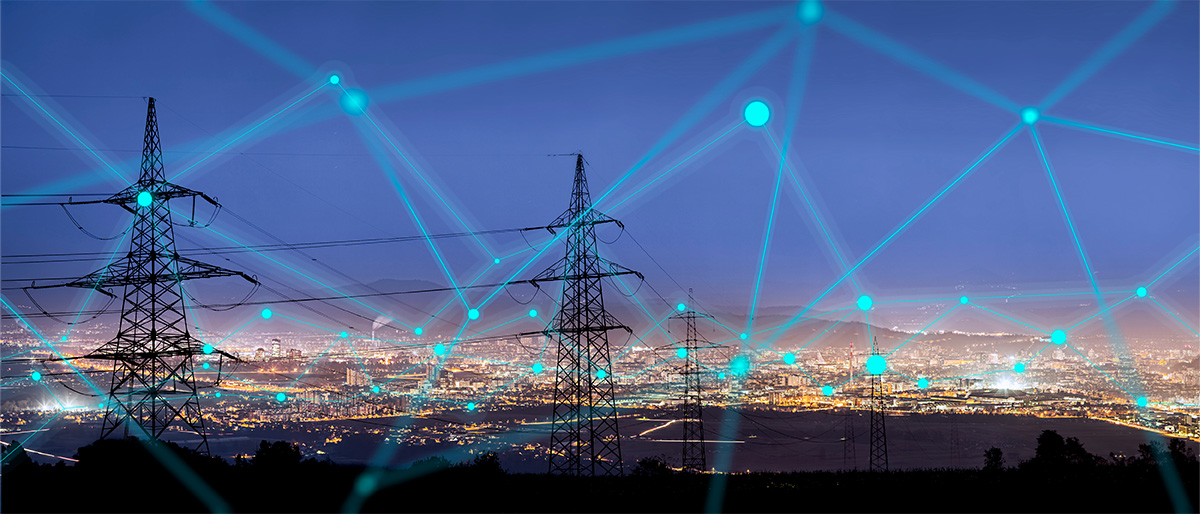Modernizing Ottawa’s energy grid will make it more reliable, resilient, flexible and sustainable.
Modern challenges demand a modern grid.
Much of Ottawa’s infrastructure in use today was built between the 1960s and 1980s. System planners at the time used 50 to 100 years of historical trends to predict future energy demand. But our world is changing faster than anyone could have predicted. Consequently, infrastructure from only 40 years ago can’t keep pace with today’s climate and lifestyle changes.

Modernization will strengthen our service.
A modern electrical grid is essential to meeting the energy demands of Ottawa today and tomorrow.
- Integrating distributed energy resources, automation, AI and other technologies would enhance grid reliability. Outages would happen less frequently — and when they do, we’d be able to restore power much faster. This would also make our grid more secure and resilient to sources of potential disruption, such as climate events and cyber threats.
- Grid modernization would also enable us to empower customers with new tools that help them track and control how much energy they use. This way, customers can feel like they’re in charge of their own energy consumption.
We’re executing our grid modernization strategy.
Hydro Ottawa’s grid modernization strategy is a comprehensive plan to address challenges including aging infrastructure, decarbonization and shifting customer expectations. This strategy will guide our investments toward a modernized smart grid.
Needed investments include the upkeep of software required for operation, adding smart devices that enable remote visibility into the grid and expanding our existing communication infrastructure.
A modernized grid is better for everyone.
What would a modernized smart grid look like?
- Capabilities like advanced monitoring, proactive failure detection, fast fault detection, automated power quality control and automated system restoration would lower the frequency and length of outages. Enhanced resilience and security would further reduce service disruptions by improving the grid’s ability to withstand system faults, severe weather events and cyberattacks.
- Data-driven, technologically advanced grid management would support carbon emission reduction through optimized planning and operations, with adaptive grid flexibility supporting the integration of renewable energy sources like solar panels. Real-time data, efficient billing and other tools would empower customers to better manage their energy usage.
Planning for our smart energy future must start today.
If we want to ensure a reliable, resilient power supply for tomorrow, we must invest today. While deferring investments would mean lower costs for customers in the short term, it would prevent us from seizing the opportunities offered by smart grid technologies, distributed energy resources, microgrids and other innovations that require modern infrastructure.
An outdated grid puts Ottawa at risk.
What happens if we don’t pursue grid modernization?
- Without the tools made available by modernization, Hydro Ottawa will be less able to improve service reliability by increasing and continually improving upon grid uptime.
- Increasing electrification will mean we’re less able to rapidly respond to outages. As the market for distributed energy resources such as solar panels and battery storage systems continues to steer toward the prosumer, we’ll be less able to integrate these resources into our main grid to enhance resilience and efficiency.